Kidney failure is when your cat's kidneys are no longer able to do their job properly. The kidneys play a very important role in the body. Kidneys not only regulate the fluid balance, but also drain toxins and ensure that the important substances remain in the blood. The kidneys have an enormous reserve capacity, which means that even damaged kidneys can do their job very well. It is only when more than 70 percent of the kidneys are damaged that the kidneys can no longer function properly. Kidney failure is very common in cats, especially older cats. Broadly speaking, kidney failure falls into two categories; acute renal failure and chronic renal failure. Treatment and prognosis are very different in both cases. This article focuses primarily on the chronic form.
What causes chronic kidney failure in cats?
Chronic kidney failure is irreparable damage to the kidneys. Loss of kidney function is often gradual, giving your cat's body a chance to adapt. This means it takes a long time for your cat to actually have problems. At a certain point, the body can no longer adapt and symptoms appear.
The cause is then usually no longer traceable. There are many different causes of kidney failure. Older cats often suffer from kidney "exhaustion". In older animals, the organs simply don't function as well. Identifying the cause rarely influences treatment. It can only make sense in the case of infections or the ingestion of toxic substances. Although these two causes are more likely to lead to acute renal failure.
Amyloidosis occurs in certain breeds. This is a condition in which certain proteins in the kidneys break down. This disease occurs, for example, among the Abyssinians. Persians and British Shorthairs sometimes suffer from PCKD (polycystic kidney disease), which is a condition in which blisters form in the kidney. Ultimately, both diseases can also lead to chronic kidney failure.
How do I recognize chronic kidney failure in my cat?
As already mentioned, the kidneys have an enormous reserve capacity. Only when 70 percent of the kidneys are ruptured will your cat show symptoms. That is, if one kidney stops working at all and the other kidney is still working, there are no symptoms. Only 50 percent of the total capacity of the kidneys is affected.
The phenomena you may see are: drinking a lot and urinating a lot, nausea, vomiting and loss of appetite. A dull coat and a generally poor condition can also be indications of kidney failure.
The kidneys work less well, which means they are less able to filter the blood. As a result, your cat loses a lot of fluid through the kidneys. Your cat needs to replenish this moisture by drinking more. Nausea, vomiting and decreased appetite are the result of accumulated waste. Due to the reduced kidney function, the kidneys are also less able to keep substances in the blood that are necessary for the production of proteins. This causes your cat to use up a lot of reserves. Muscles in particular are then broken down.
How is chronic kidney failure in cats diagnosed?
Diagnosis is based on symptoms, a blood test, and a urine test. The diagnosis itself is not very difficult. The big problem is determining the stage and what treatment is needed. In veterinary medicine, four stages of renal failure are distinguished, each of which requires its own specific treatment. The examination is often supplemented by measuring your cat's blood pressure. Sometimes your vet might recommend an ultrasound to see how the kidneys look.
How is chronic kidney failure in cats treated?
Treatment and prognosis are highly dependent on the stage and type of kidney failure. Unfortunately, chronic renal failure cannot be cured. Despite treatment, your cat's kidney function will gradually deteriorate. However, early treatment of kidney failure can slow down this deterioration. This will slow down the process and it will take longer for your cat to progress to the next stage.
Any cat with kidney failure needs an appropriate diet. Your cat should be given this food for life so that the kidneys are not stressed as much as possible. This food is high in protein and low in sodium (a specific salt). If your cat is dehydrated, they will need to be given an IV fluid. If your blood pressure is too high, your cat will be given medication to lower blood pressure. From here the treatment is tailor-made. The dosage of the drug depends on the level of blood pressure and the condition of your cat. In some cases it may be necessary to give your cat supplements such as potassium. Always do this in consultation with your veterinarian. An excess of potassium can cause your cat to die suddenly!
As the disease progresses, it becomes increasingly difficult to properly treat your cat. Decide for yourself how far you want to go and discuss this with your veterinarian. As difficult as it is, your vet is very good at educating you on what to expect and working with you to create a realistic plan.
This text was translated by a translation machine
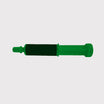 Horse Pharmacy
Horse Pharmacy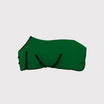 Rugs
Rugs Care
Care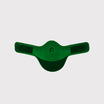 Saddle and Attachments
Saddle and Attachments Leg Protection
Leg Protection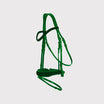 Bridles
Bridles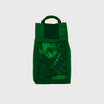 Feed
Feed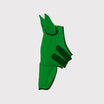 Fly Masks
Fly Masks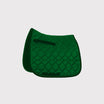 Saddle Pads
Saddle Pads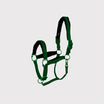 Headcollars and Ropes
Headcollars and Ropes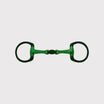 Bits
Bits Other Disciplines
Other Disciplines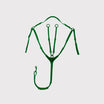 Reins and Auxiliary Reins
Reins and Auxiliary Reins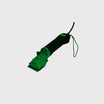 Clipping
Clipping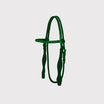 Western
Western Eventing
Eventing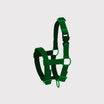 Foals
Foals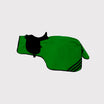 Reflection
Reflection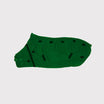 Therapy Products
Therapy Products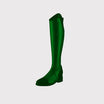 Boots and Shoes
Boots and Shoes Breeches and Belts
Breeches and Belts Tops
Tops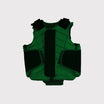 Safety
Safety Competition
Competition Heated Clothing
Heated Clothing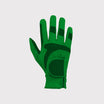 Gloves
Gloves Socks
Socks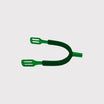 Spurs and Attachments
Spurs and Attachments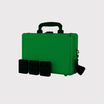 Technology
Technology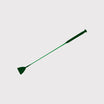 Whips
Whips Gifts
Gifts Casual Wear
Casual Wear Underwear
Underwear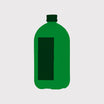 Rider Pharmacy
Rider Pharmacy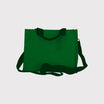 Bags
Bags Books
Books Laundry supplies
Laundry supplies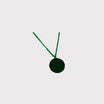 Jewelry
Jewelry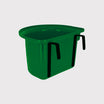 Feed and Waterbowls
Feed and Waterbowls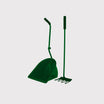 Equipment
Equipment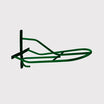 Tack Room
Tack Room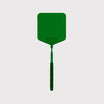 Pest Control
Pest Control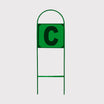 Arena
Arena Horse Toys
Horse Toys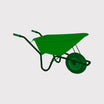 Wheelbarrows
Wheelbarrows Yard
Yard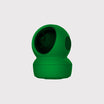 Surveillance
Surveillance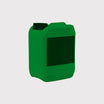 Disinfect
Disinfect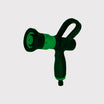 Washing Area
Washing Area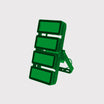 Lighting
Lighting Horse Pasture
Horse Pasture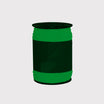 Current Conductors
Current Conductors Pole
Pole Insulators
Insulators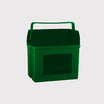 Energisers
Energisers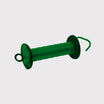 Gate Handles
Gate Handles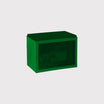 Batteries and Accumulator
Batteries and Accumulator Nets
Nets Grounding
Grounding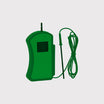 Tools
Tools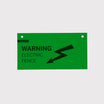 Fencing Security
Fencing Security Wolf Defense
Wolf Defense Fencing Sets
Fencing Sets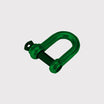 Fence locks
Fence locks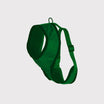 Dogs
Dogs Cats
Cats Rodents
Rodents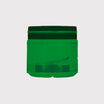 Dogs Pharmacy
Dogs Pharmacy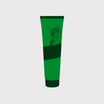 Cats Pharmacy
Cats Pharmacy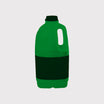 Rodents Pharmacy
Rodents Pharmacy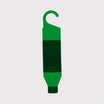 Cattle Pharmacy
Cattle Pharmacy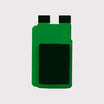 Poultry Pharmacy
Poultry Pharmacy Veterinary Supplies
Veterinary Supplies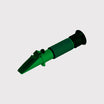 Cattle
Cattle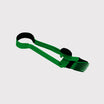 Sheep and Goats
Sheep and Goats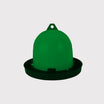 Poultry
Poultry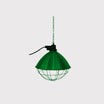 Heat Lamps
Heat Lamps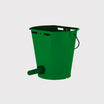 Calves
Calves Marking
Marking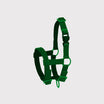 Halters
Halters